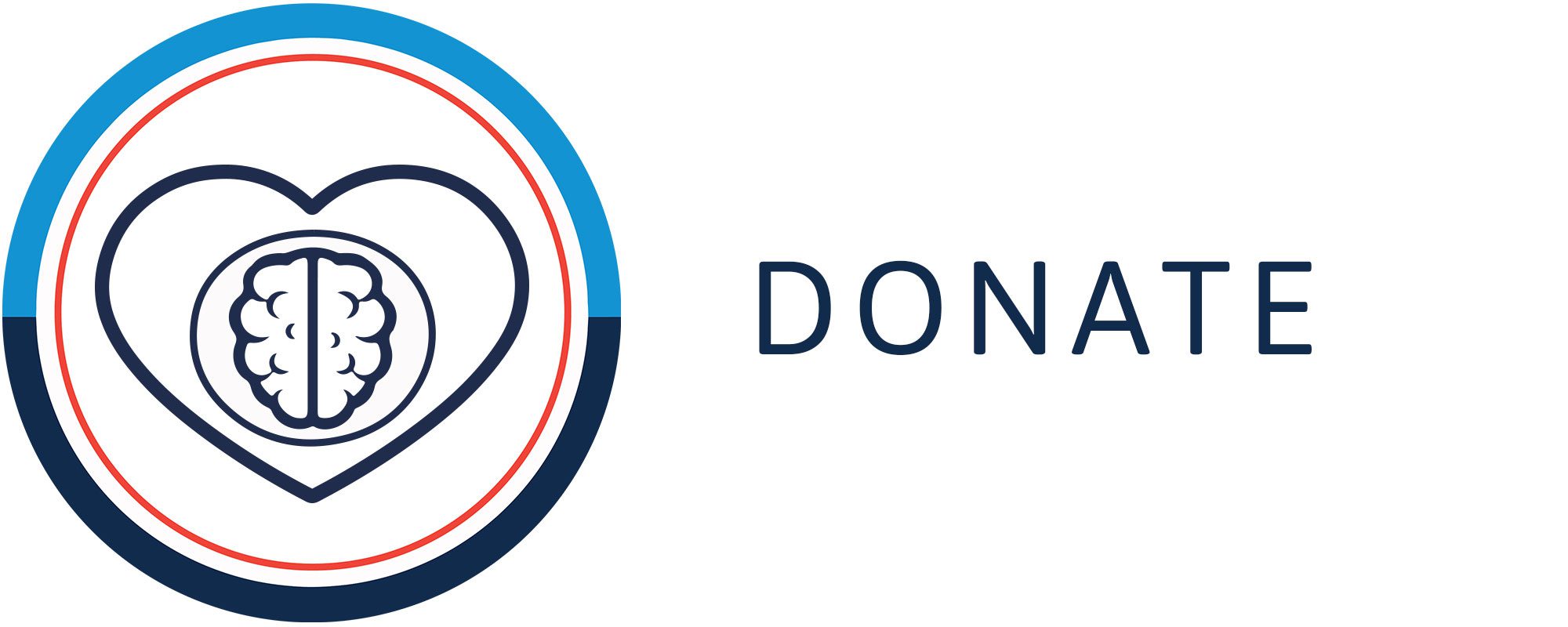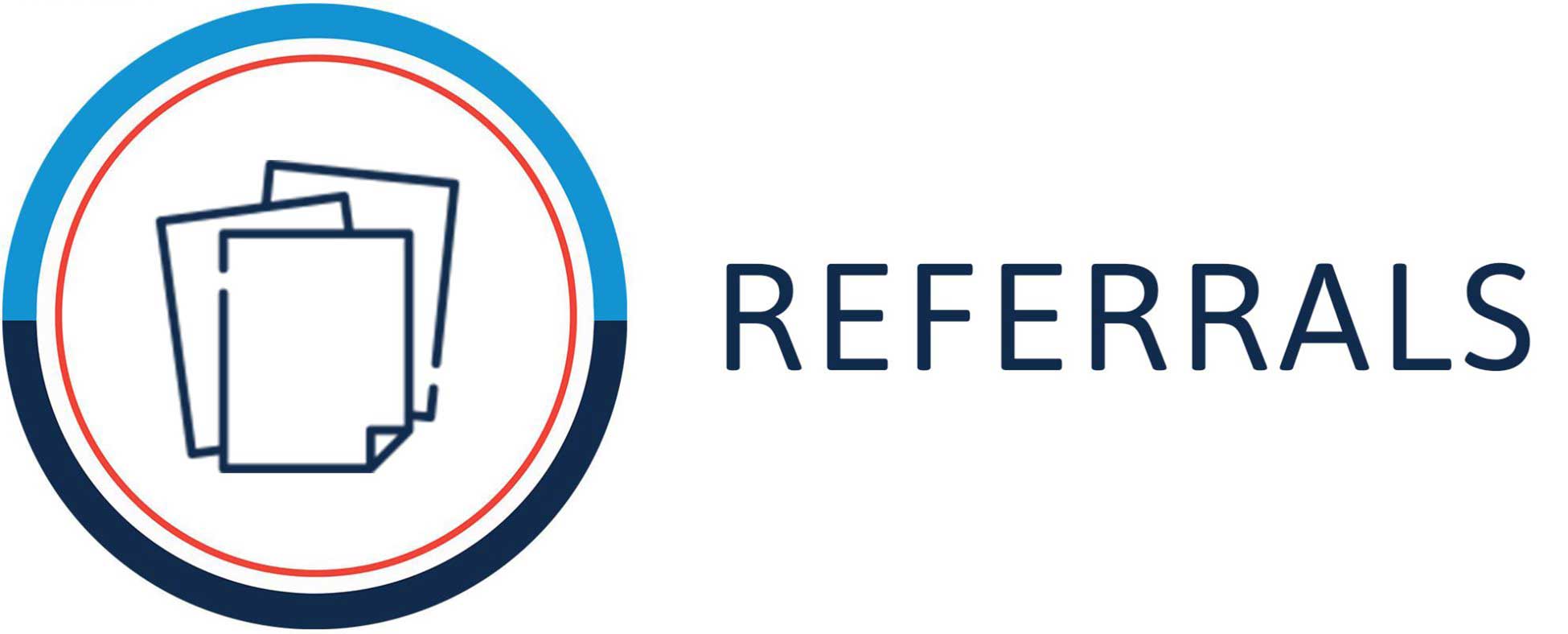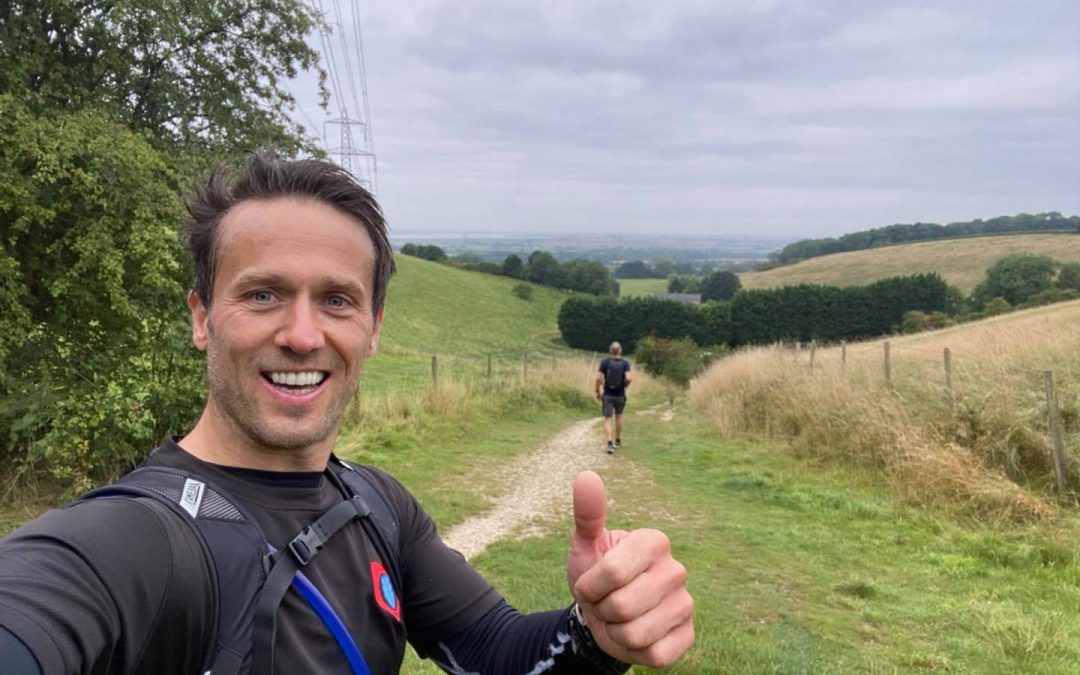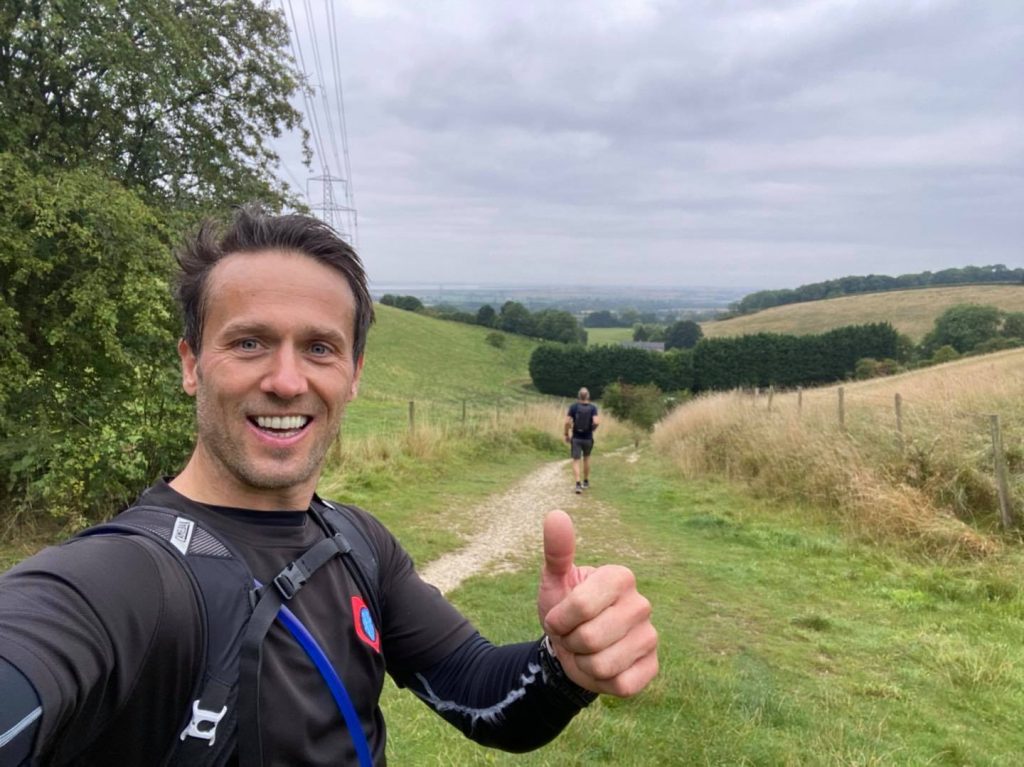P.A.U.L For Brain Recovery’s founder – Paul Spence shares his insight into coping and compensatory strategies after acquired brain injury.
In this blog I will cover:
- What are coping/compensatory strategies
- My experiences pre/post brain injury
- My advice for others
Coping strategies are an action, a series of actions, or a thought process used to help in a stressful or unpleasant situation.
Compensatory strategies are techniques or modifications to our behaviour or environment that are used to compensate for injury, weakness or perceived inadequacy in a specific area or skill.
I never thought about using coping or compensatory strategies before my brain injury. I managed a busy work, social and family life well.
I think that being a young dad, the oldest of five siblings, an electrical foreman at work and having large groups of friends had all helped to develop good cognitive, social and memory skills. My job in particular required a lot of complex thinking with planning busy schedules, organising colleagues’ materials and tasks to complete etc. I thrived on the responsibility and what it took mentally.
That was until my brain injury. Frontal lobe damage impaired my cognitive function and memory skills. I struggled to think for myself, never mind anybody else.
During the early days of my rehabilitation, I was taught coping/compensatory strategies to help with my challenges. The truth is I never used them. I thought that I knew best and could function fine without them. I hadn’t needed to use them before, so why now! At the time, my lack of insight into my injury played a part but also ignorance.
Time and time again, I would make the same mistakes. Life was frustrating and I would talk down to myself. This left me feeling inadequate which affected my mood, function and confidence. All of which had a negative effect on my recovery.
My neuropsychologist would encourage me to use strategies to help me cope. One day, I used a strategy that she had suggested and it enabled me to complete a task in a timely fashion. I felt good about myself and that’s when the penny dropped: I was different and I would need to do things differently to manage daily living. When I accepted this and became open to using strategies, my life changed for the better. Much better.
I could start to reach my new potential!
Today, I use lots of coping and compensatory strategies. To compensate for a poor memory, I use lists, alarms and reminders. I try and avoid stressful or anxious situations by telling people that I have a brain injury and communicating any invisible difficulties. When I am having a conversation or need to concentrate on a task, I try to eliminate any background noise, and I always remember to reach out for support if I am struggling emotionally.
There is no way that P.A.U.L For Brain Recovery would exist if I hadn’t used coping and compensatory strategies!
I would highly recommend brain injury survivors to use strategies that suit their individual needs. This could be one or several. It’s important to help yourself as much as you can. I’m sure the right strategies would help to manage challenges more effectively, maintain a good mood and build confidence.





